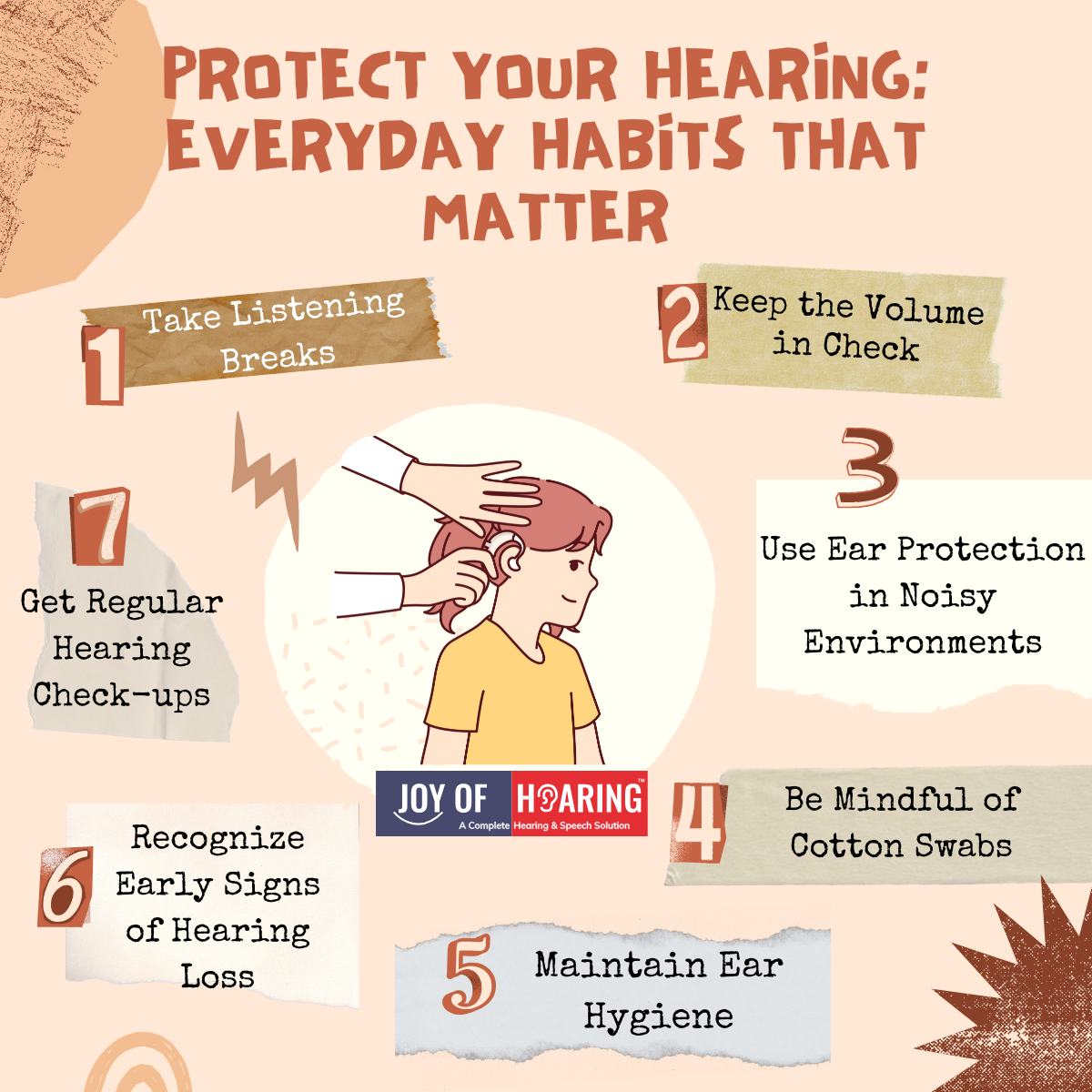
Our ears are constantly exposed to a variety of sounds, from the morning alarm to workplace noise and recreational activities. While sound is essential, excessive or prolonged exposure can lead to hearing loss over time. The good news? A few simple lifestyle changes can help protect your hearing and maintain long-term ear health.
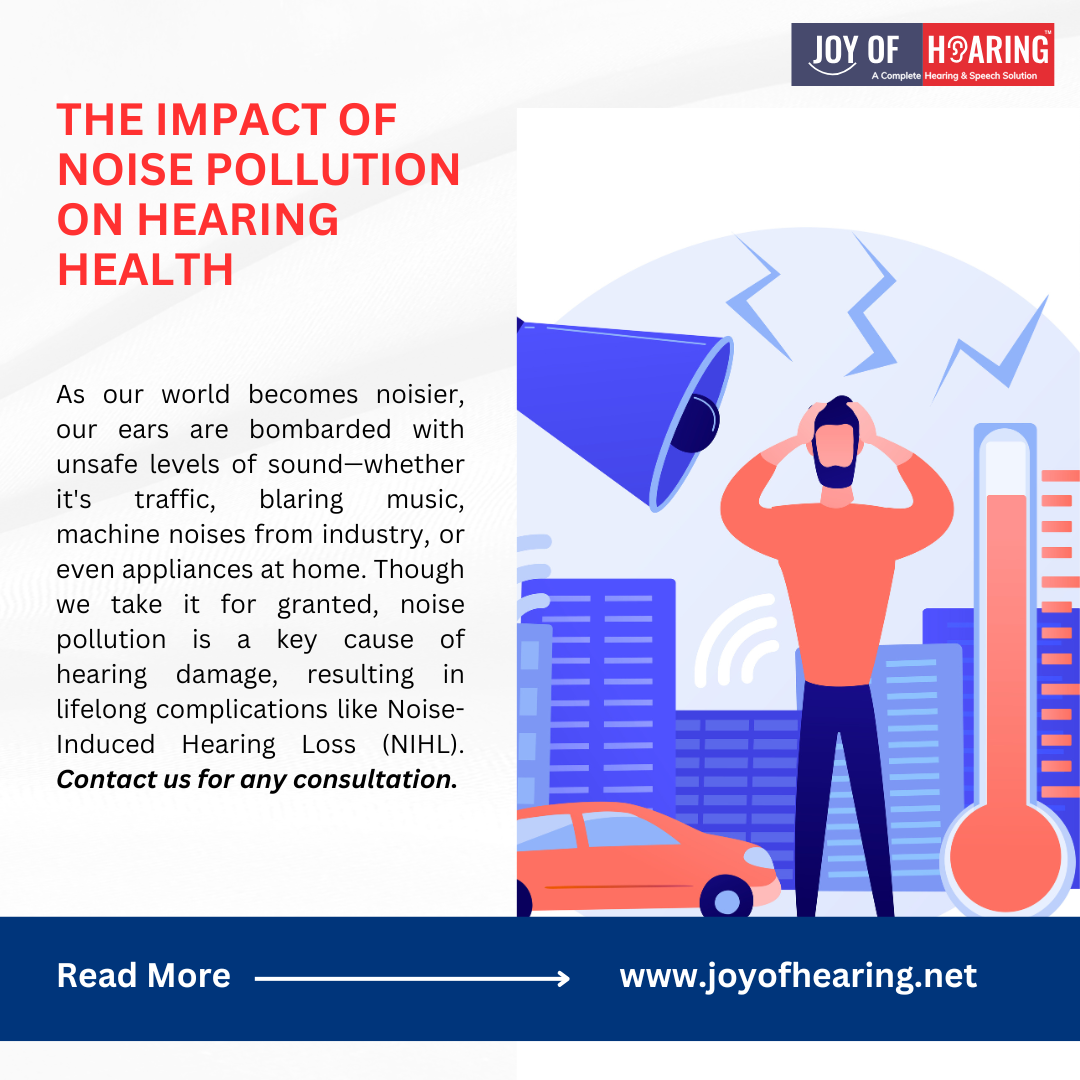
In our increasingly noisy world, our ears are constantly exposed to harmful levels of sound—whether it’s traffic, loud music, industrial machinery, or even household appliances. While we often overlook it, noise pollution is a major contributor to hearing damage, leading to long-term complications such as Noise-Induced Hearing Loss (NIHL).
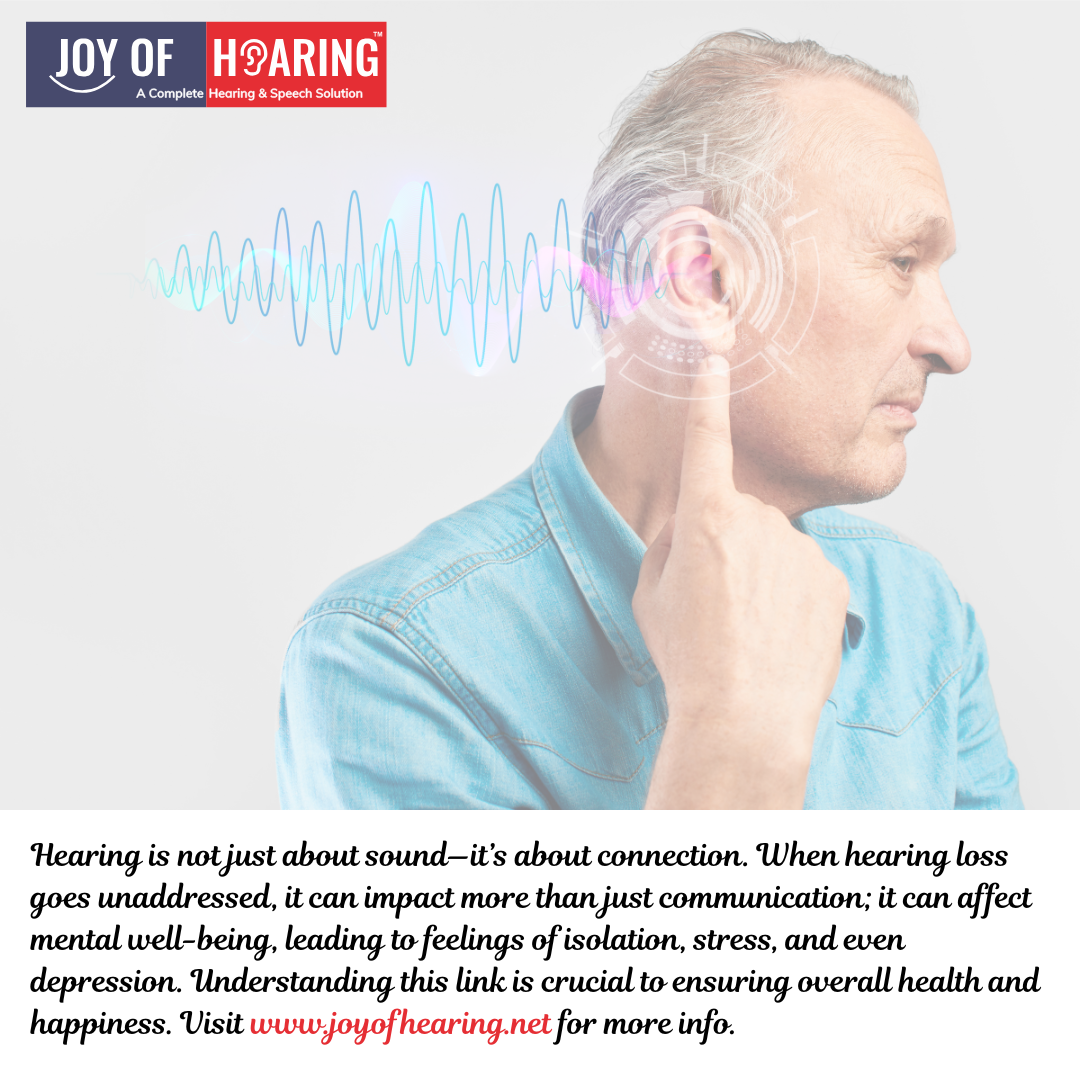
Hearing is not just about sound—it’s about connection. When hearing loss goes unaddressed, it can impact more than just communication; it can affect mental well-being, leading to feelings of isolation, stress, and even depression. Understanding this link is crucial to ensuring overall health and happiness.
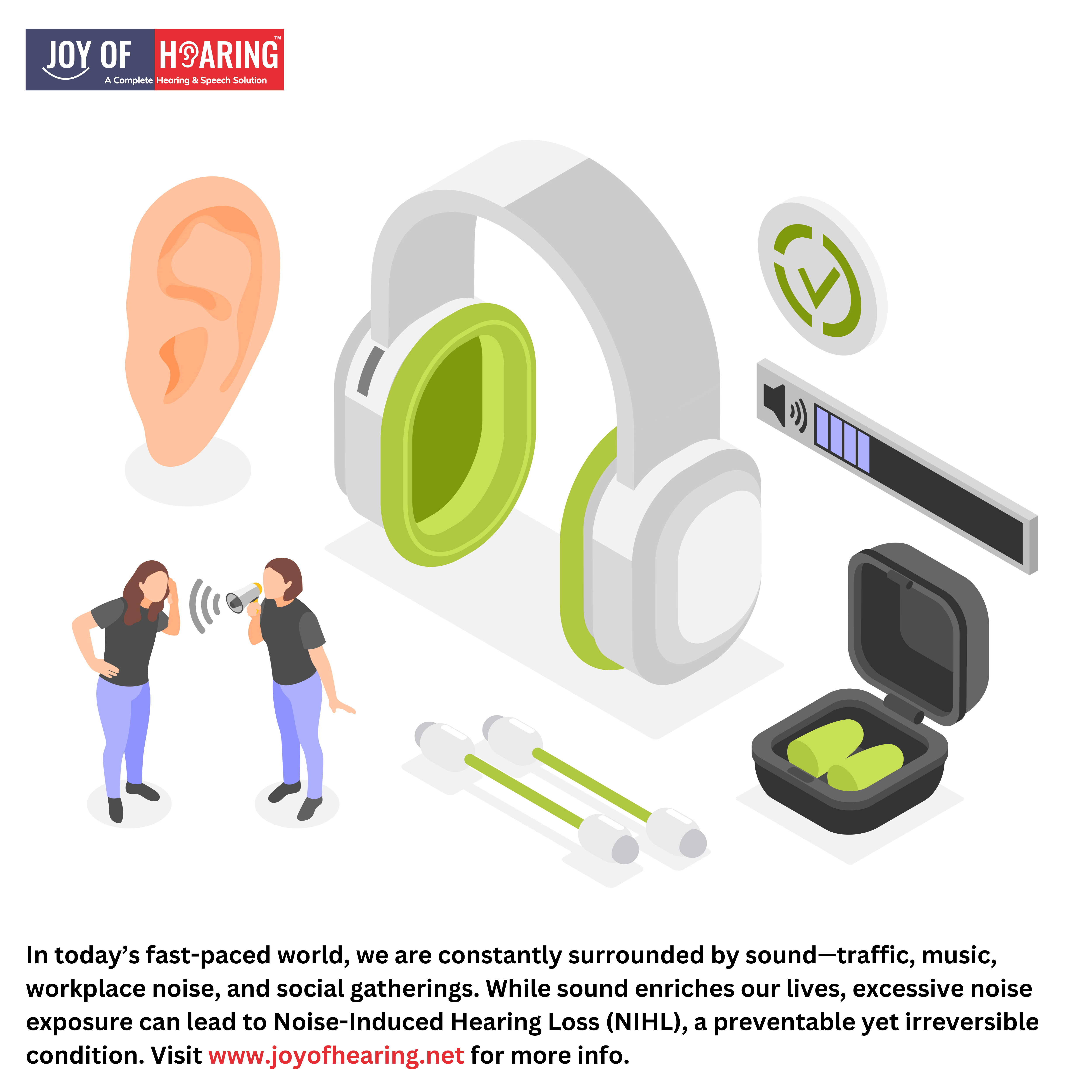
In today’s fast-paced world, we are constantly surrounded by sound—traffic, music, workplace noise, and social gatherings. While sound enriches our lives, excessive noise exposure can lead to Noise-Induced Hearing Loss (NIHL), a preventable yet irreversible condition.
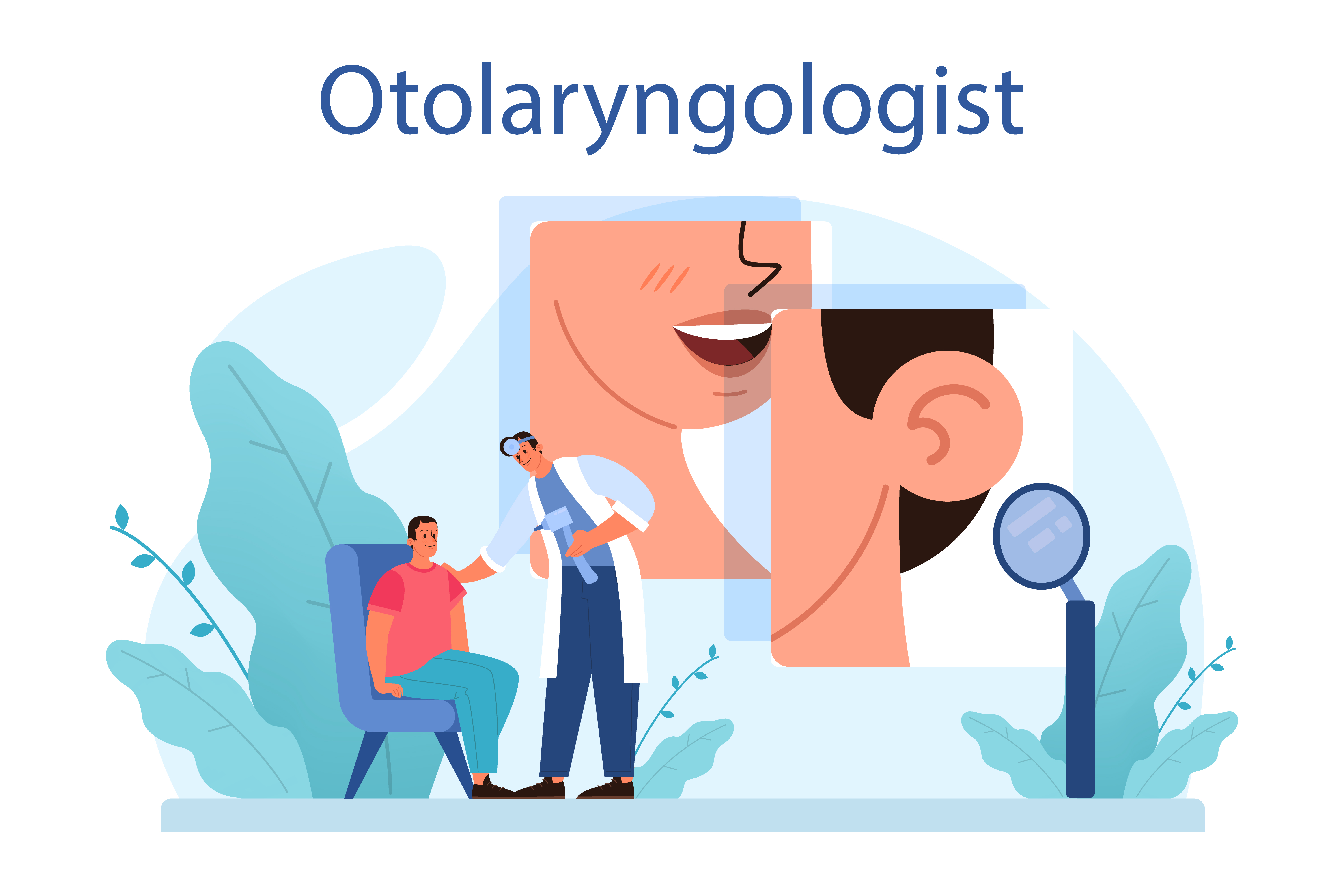
Communication is the bridge that connects us, but for those with hearing impairments, conversations are a challenge. A few thoughtful practices can make interactions more inclusive and meaningful.
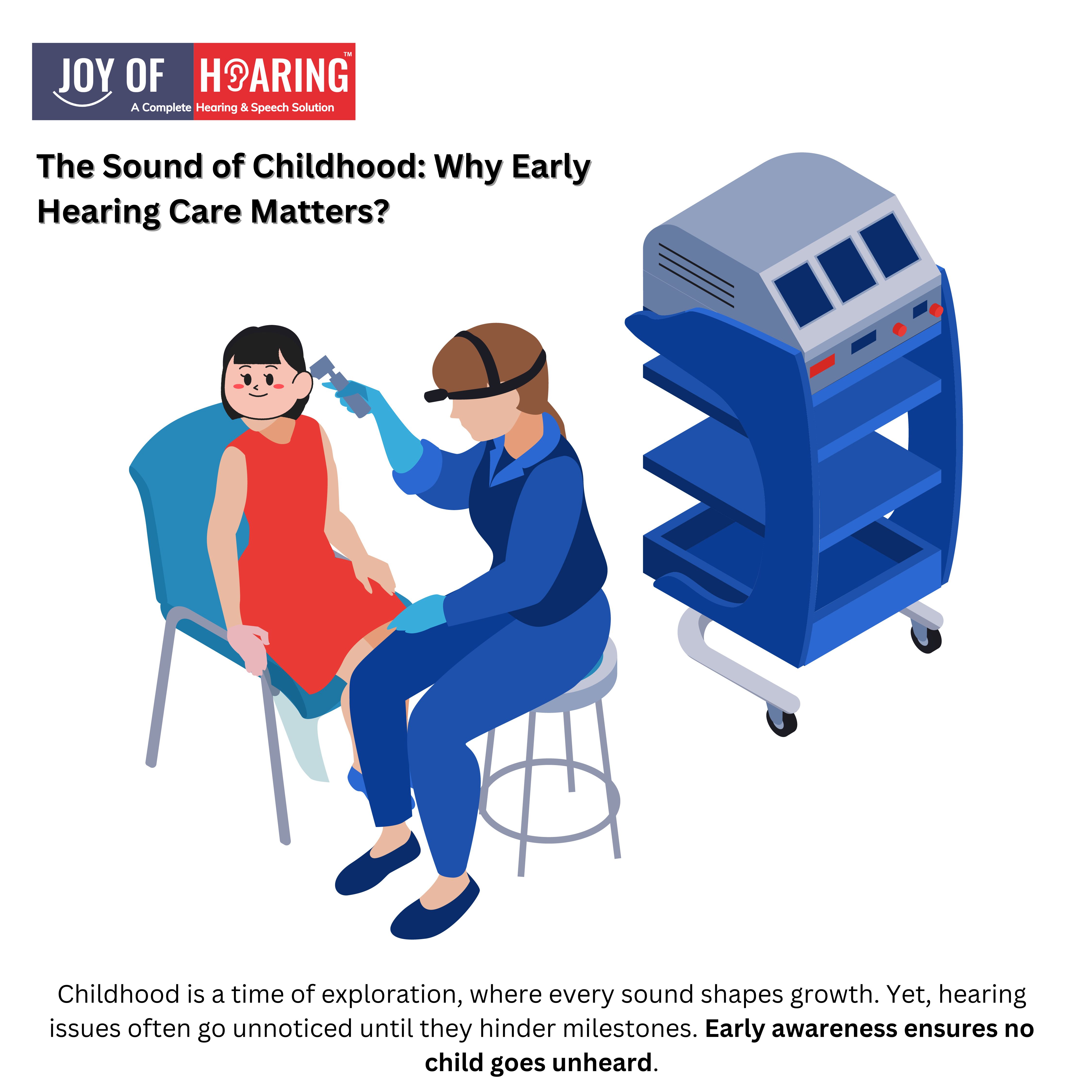
Childhood is the age of exploration and learning. Each sound-from a soothing parent's voice to peers' laughter-holds the key to their development. Alas, hearing impairments in children are only discovered when such issues begin to impact critical milestones. Awareness of early care for hearing can help no child go unheard.
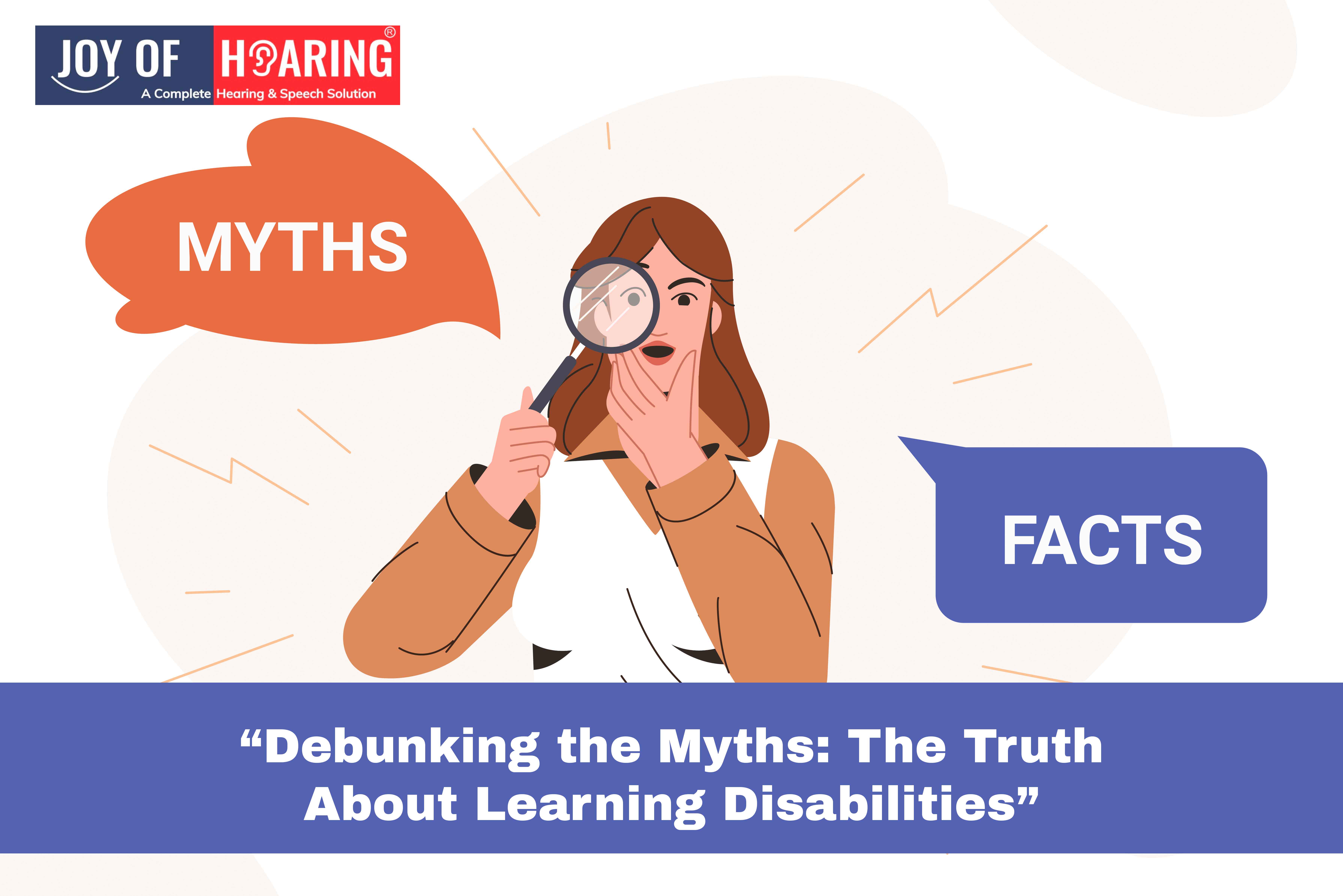
In today's world, awareness of learning disabilities is growing, but misconceptions still abound. These myths can create unnecessary barriers for individuals with learning disabilities, leading to misunderstanding, stigma, and missed opportunities. In this blog, we aim to separate fact from fiction and provide a clearer understanding of what learning disabilities truly entail.
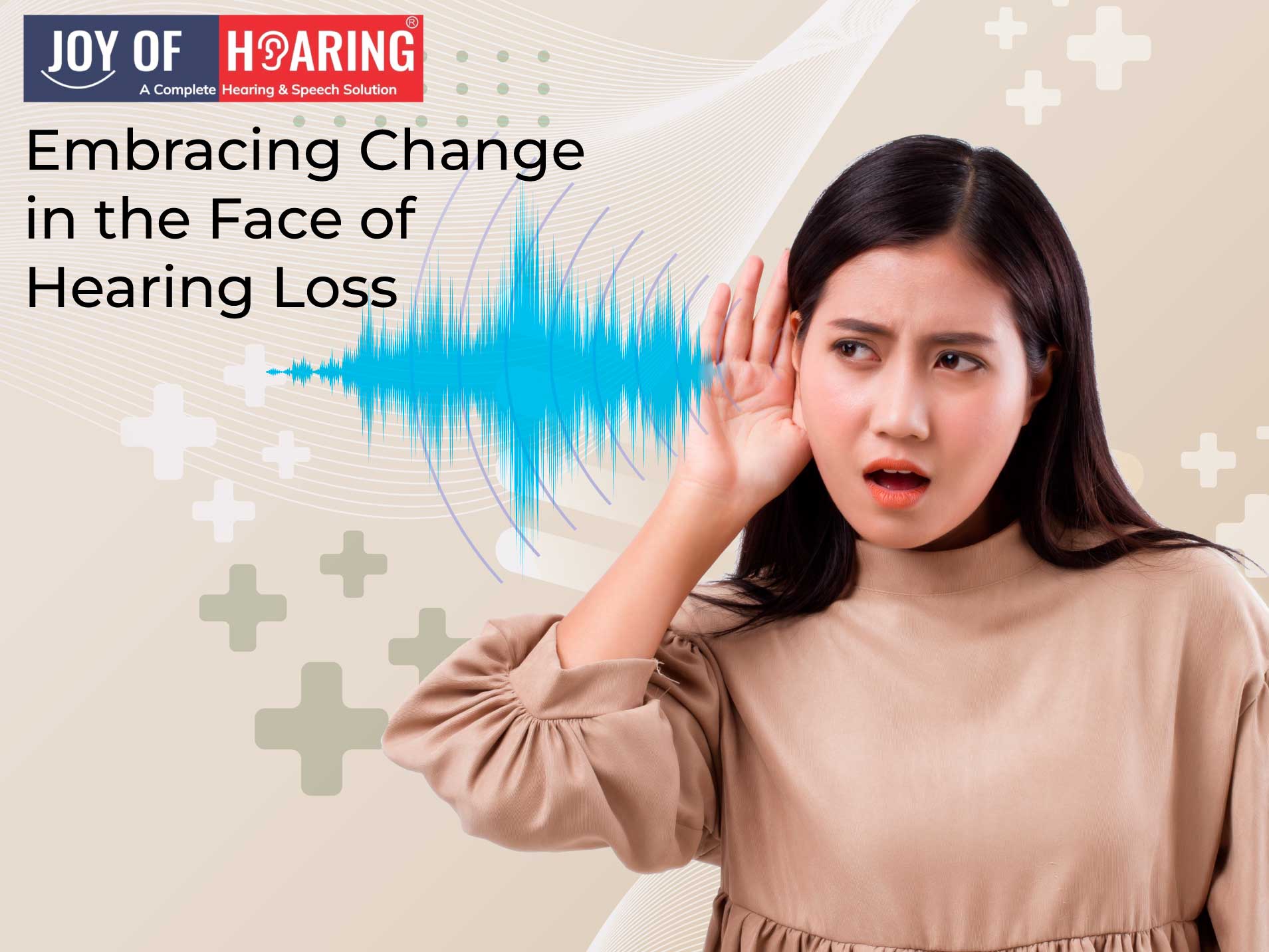
Experiencing sudden hearing loss can feel like a seismic shift, altering your ability to interact with the world and connect with those around you. Whether it’s a complete or partial loss of hearing, this unexpected change can profoundly impact various aspects of daily life, from personal relationships to professional activities. In this blog, we’ll explore how sudden hearing loss affects everyday life and provide practical coping strategies and support systems to help individuals adjust and thrive.
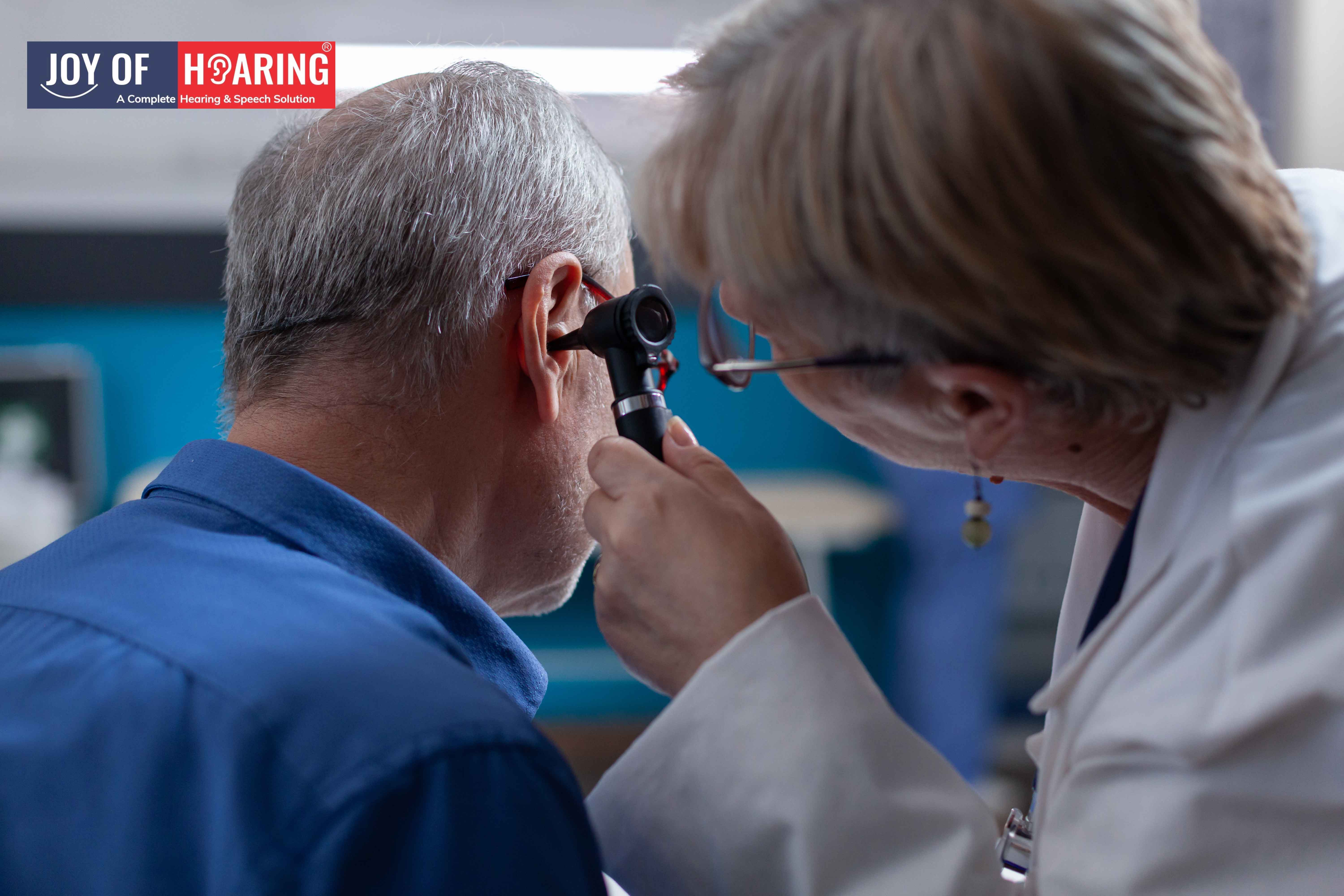
Sudden hearing loss can be a distressing and life-altering experience, impacting your ability to communicate and engage with the world. When faced with this challenge, understanding the available treatment options is crucial to restoring your hearing and improving your quality of life. In this blog, we’ll explore the various treatment options for sudden hearing loss, including medications, surgery, and rehabilitation, to help you make informed decisions about your care.

When it comes to speech therapy, one size does not fit all. Every individual has unique needs, strengths, and challenges that require a personalized approach to achieve the best outcomes. At Joy of Hearing, we understand that effective therapy begins with understanding and addressing the specific needs of each client. In this blog, we’ll explore how we customize our speech therapy plans to ensure that every client receives the tailored support they need to thrive.

Communicating with someone who has a speech or language disorder can be challenging, but with the right approach, it can also be incredibly rewarding. Here are some tips for talking to someone who has a speech or language disorder:

If you're a first-time hearing aid user, post-fitting counseling can be an essential part of ensuring that you get the most out of your hearing aids. Here are some of the benefits of post-fitting hearing aid counseling for first-time users:

Post-fitting hearing aid counseling sessions are crucial to ensuring that you get the most out of your hearing aids. During these sessions, your audiologist can provide guidance on proper maintenance, adjustments, and upgrades, among other things. Here are five tips for getting the most out of your post-fitting hearing aid counseling sessions.

Hearing aids can be a significant investment, and it's essential to ensure that they last as long as possible to maximize their value. One crucial aspect of achieving this goal is through post-fitting counseling, which can help extend the life of your hearing aids. Here's how:

Sudden hearing loss (SHL) is a condition that affects thousands of people worldwide. It can be a sudden and distressing experience, and the cause of it is often unknown. While there are several possible causes of SHL, recent studies have suggested that stress may play a role in the development of this condition. Here's what you need to know about the link between stress and sudden hearing loss.
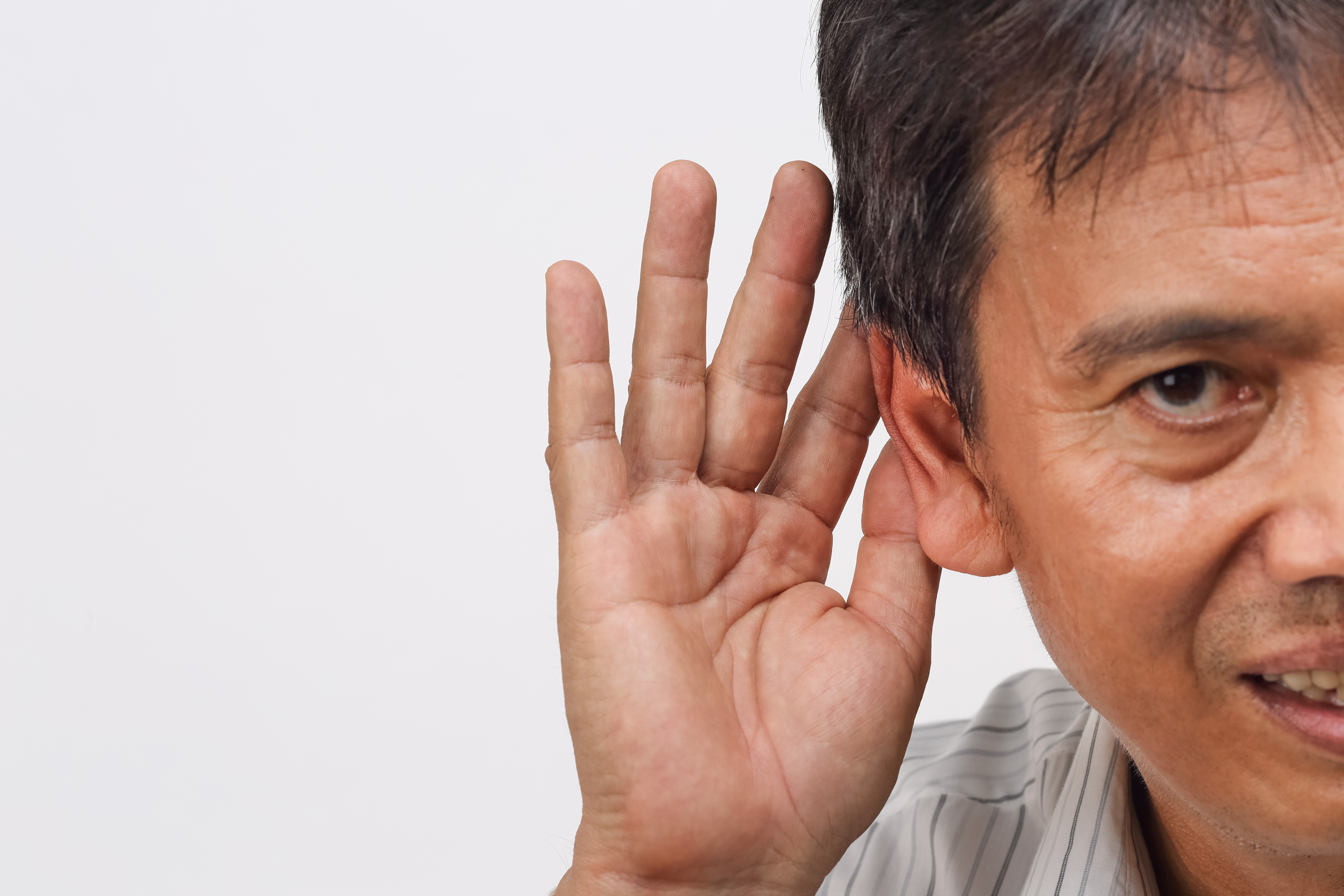
Sudden hearing loss (SHL) is a rapid loss of hearing that can occur suddenly and without warning. It is important to understand the causes, symptoms, and diagnosis of SHL to seek appropriate medical attention and treatment. Here is a breakdown of the key points:
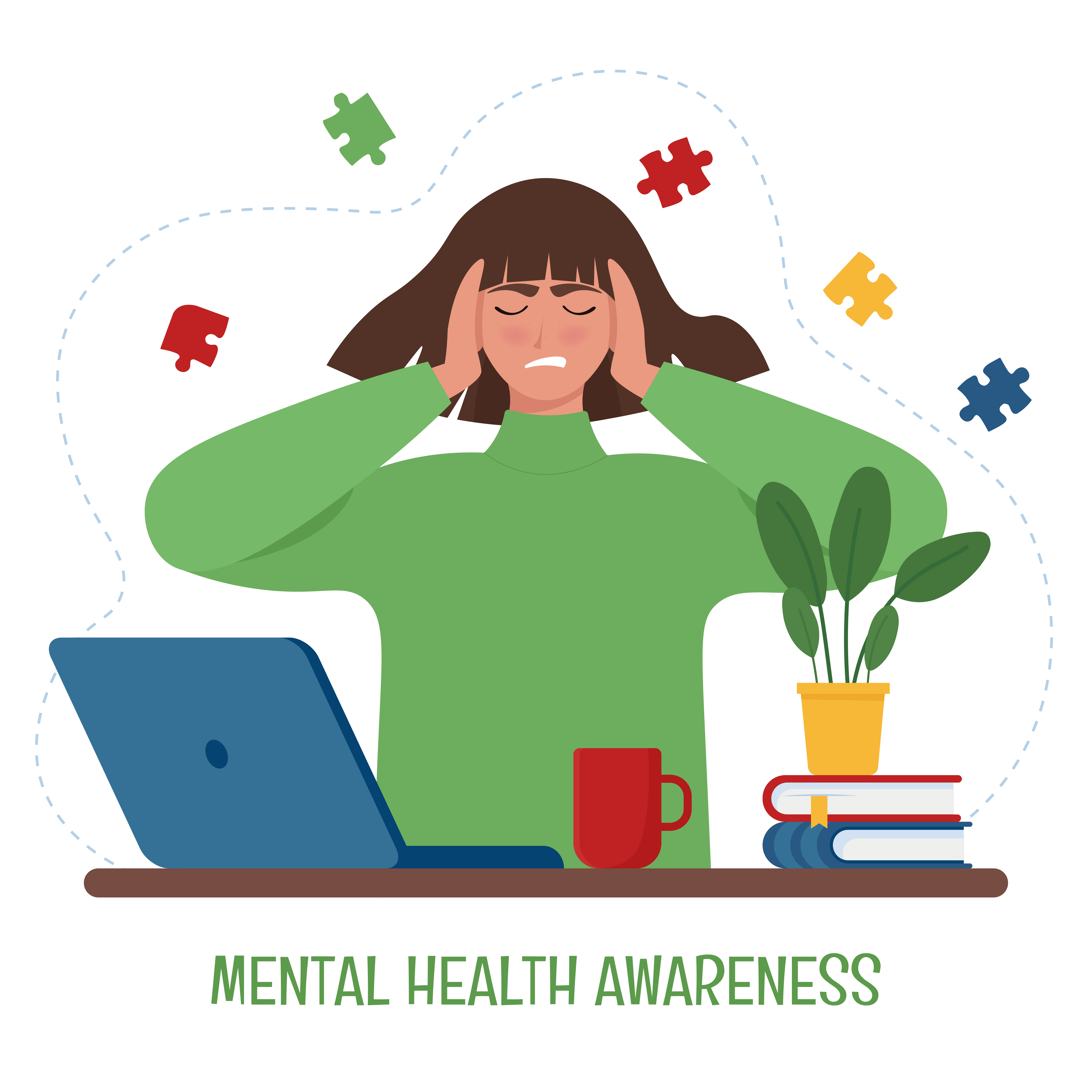
Meniere's disease is a chronic condition that affects the inner ear, leading to symptoms such as vertigo, hearing loss, tinnitus, and a feeling of fullness or pressure in the ear. While the physical symptoms of Meniere's disease are well-known, the emotional impact of the condition is often overlooked.

Meniere's disease is a chronic condition that affects the inner ear, leading to symptoms such as vertigo, hearing loss, tinnitus (ringing in the ear), and a feeling of fullness or pressure in the ear. The condition is thought to be caused by a build-up of fluid in the inner ear, which can disrupt the normal balance of the ear and lead to the characteristic symptoms.
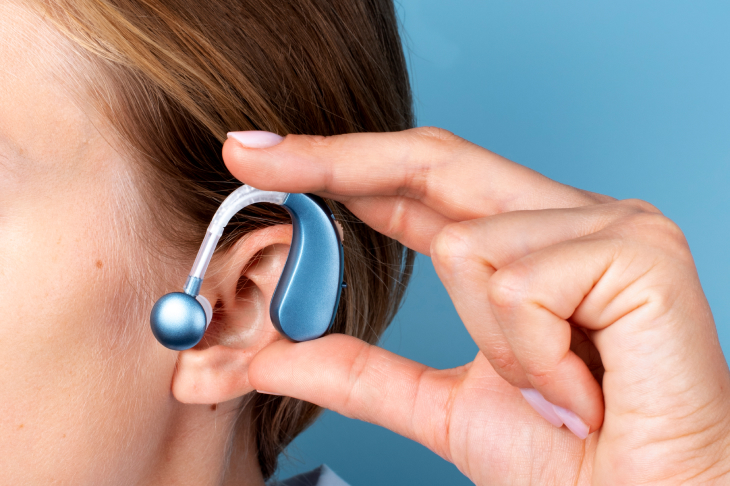
Exercise is a crucial component of a healthy lifestyle, but for those who wear hearing aids, there may be concerns about whether it's safe to exercise with them. In this blog post, we'll explore whether you can exercise with hearing aids and offer some tips to help you stay safe and comfortable during your workout.
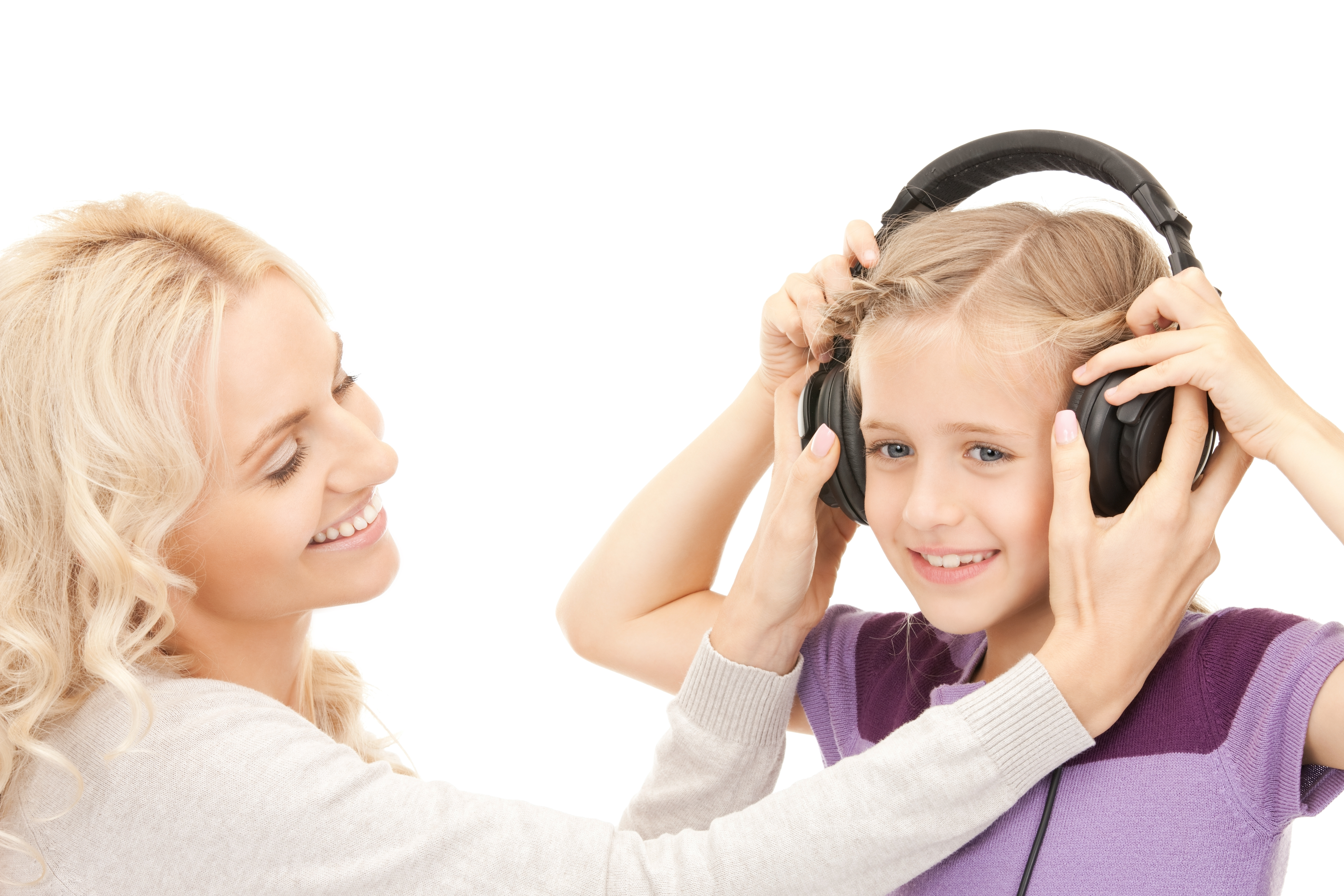
Children are particularly vulnerable to noise-induced hearing loss, which can have lifelong implications for their development and well-being. As a parent, it's important to take steps to protect your child's hearing from loud noises and prevent hearing loss.

Hearing loss can have a significant impact on an individual's mental health and overall well-being. While many people are aware of the physical effects of noise-induced hearing loss, they may not realize the potential mental health implications. In this blog post, we'll discuss the connection between noise-induced hearing loss and mental health, and what you need to know to protect both your hearing and your mental health.
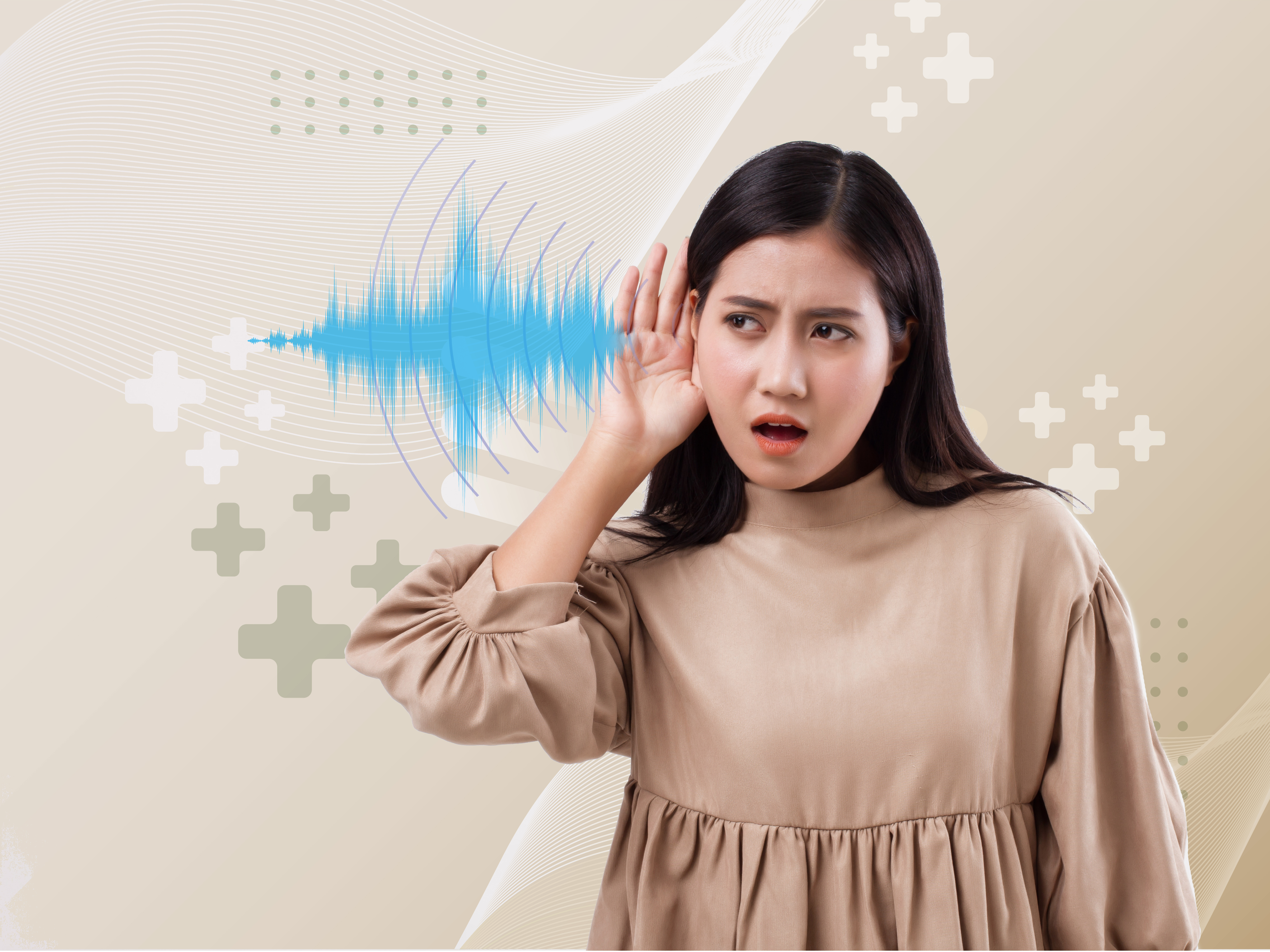
Hearing loss can be a gradual process, and it's not always easy to recognize the signs of hearing damage. But early detection and treatment of hearing problems are crucial for preventing further damage and improving your overall quality of life. In this blog post, we'll discuss how to spot the signs of hearing damage and when to seek professional help.

Musicians rely on their hearing to create, perform, and enjoy music. However, the loud volumes of rehearsals, performances, and recording sessions can take a toll on their hearing health. In fact, musicians are at a higher risk of developing noise-induced hearing loss (NIHL) than the general population. The good news is that there are ways to protect your hearing without compromising your music experience. In this blog post, we'll discuss why hearing protection is important for musicians and how to do it effectively.
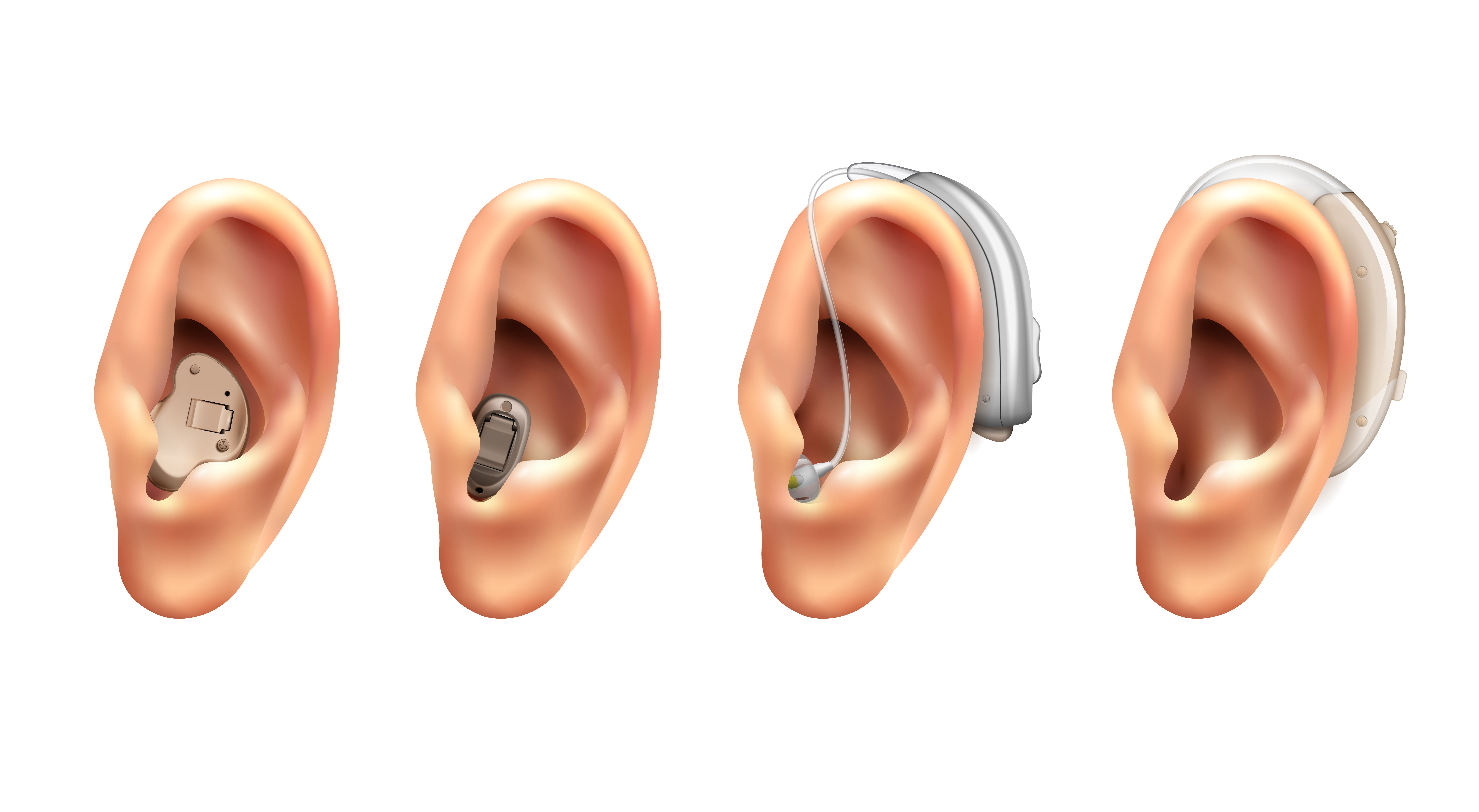
Hearing aids are incredible devices that help people with hearing loss to communicate and engage with the world around them. They are intricate pieces of technology that require proper care and maintenance to ensure they continue to function optimally. In this blog, we will discuss some essential tips for hearing aid maintenance.
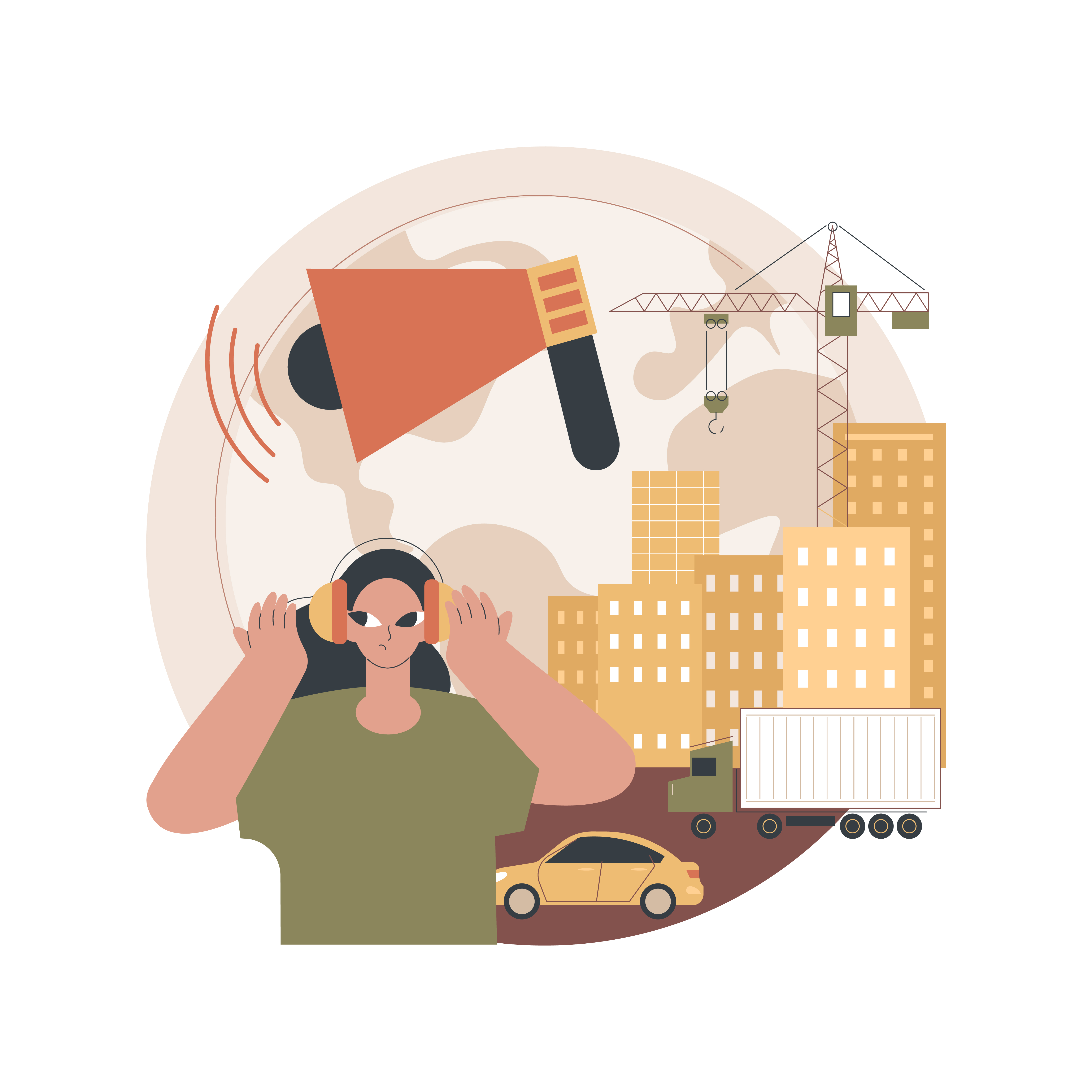
Hearing is one of the most important senses that humans possess. It allows us to communicate with each other, enjoy music and nature, and stay aware of our surroundings. However, exposure to loud noises can cause irreversible damage to our hearing, so it is important to take measures to protect our hearing in noisy environments. In this blog post, we will discuss the importance of wearing hearing protection in noisy environments and offer tips for protecting your hearing.
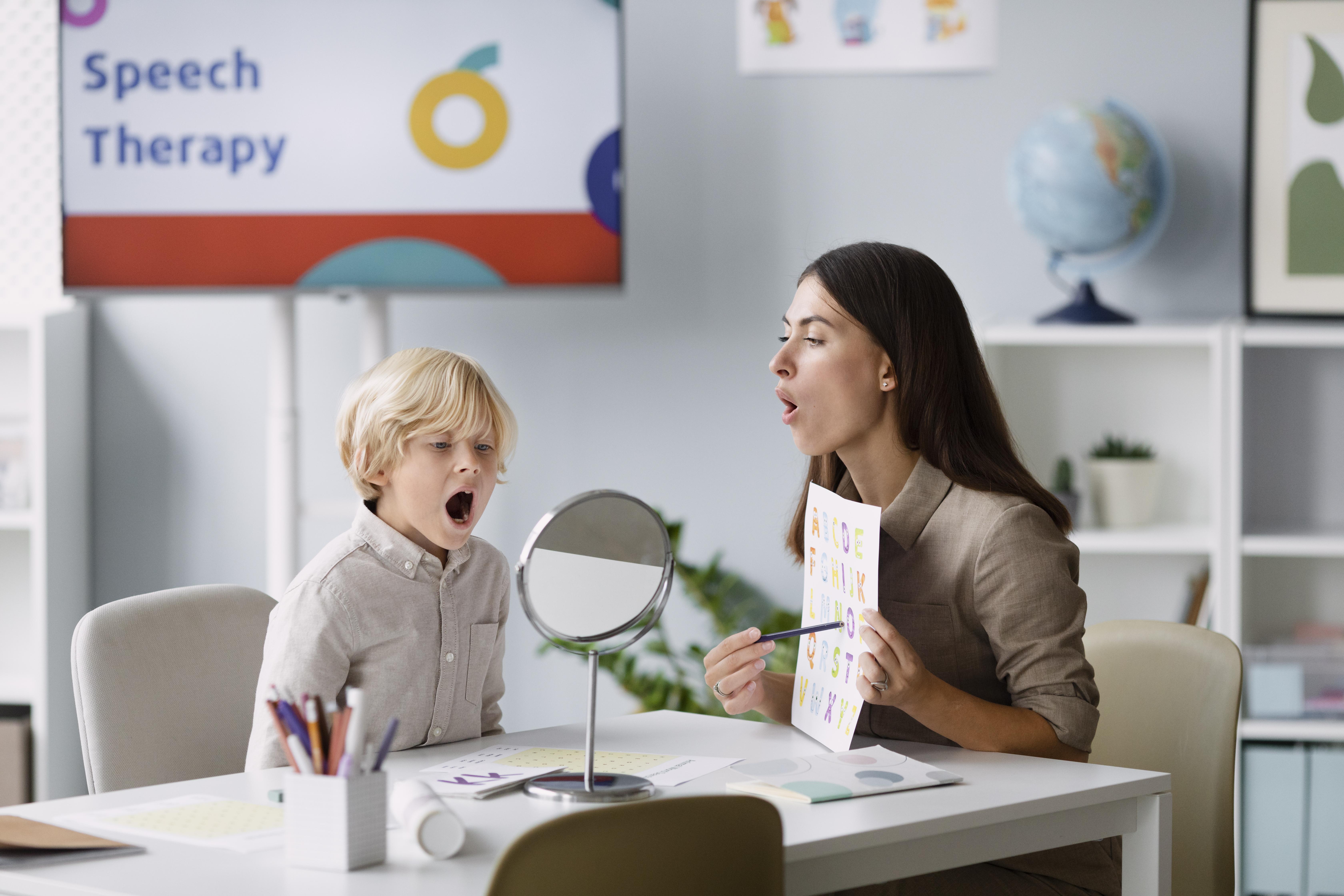
Stuttering is a communication disorder that affects millions of people worldwide. It can manifest in various ways, including repetitions, prolongations, and blocks, and can impact a person's ability to communicate effectively and confidently. However, with the help of speech therapy, children with stuttering can learn to overcome their communication challenges and gain confidence in their ability to speak fluently. This blog will take you through the journey of speech therapy for children with stuttering and the steps they can take to overcome this condition.
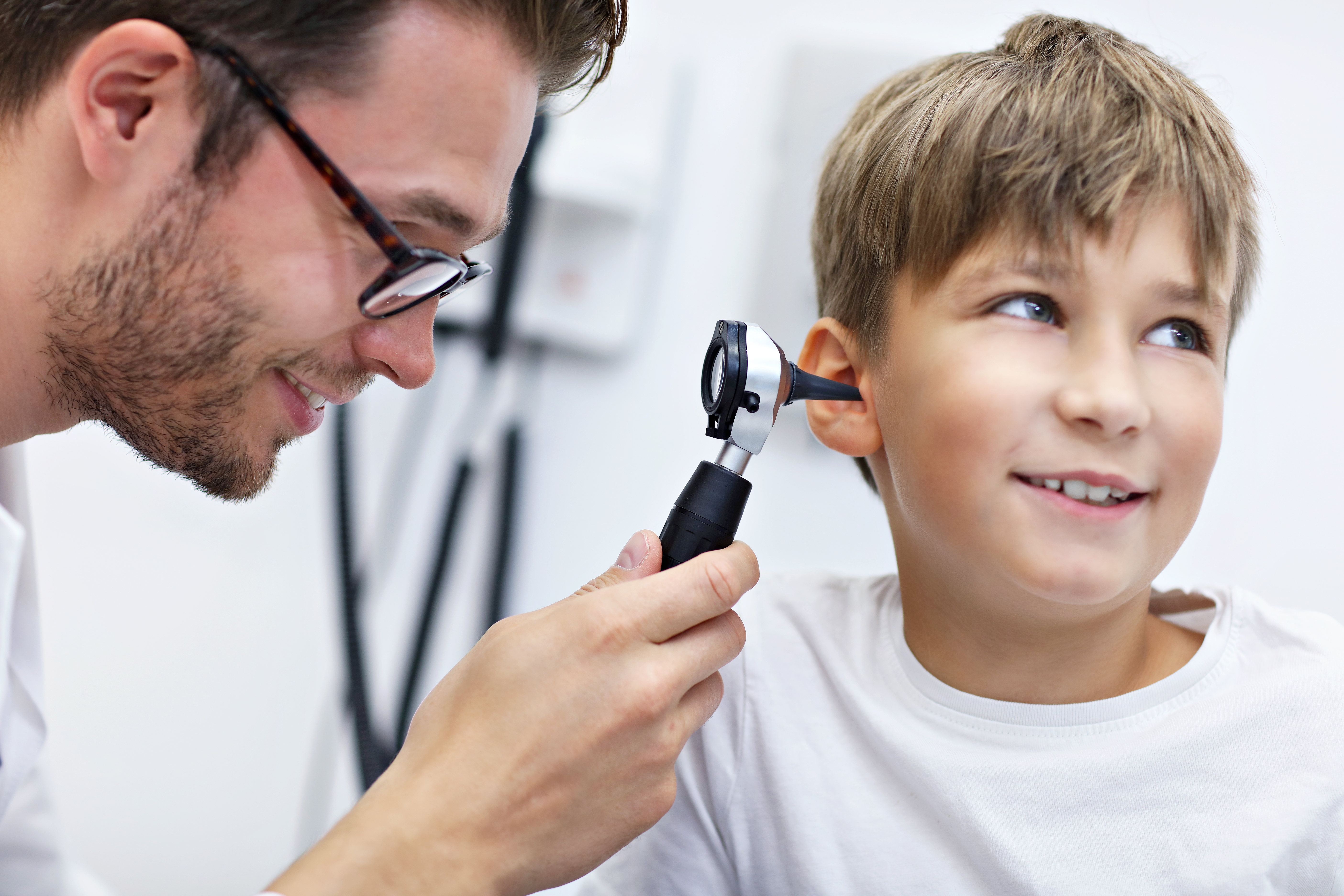
Cochlear implants are medical devices that can help people with severe hearing loss to perceive sound. They work by directly stimulating the auditory nerve, bypassing the damaged hair cells in the inner ear.
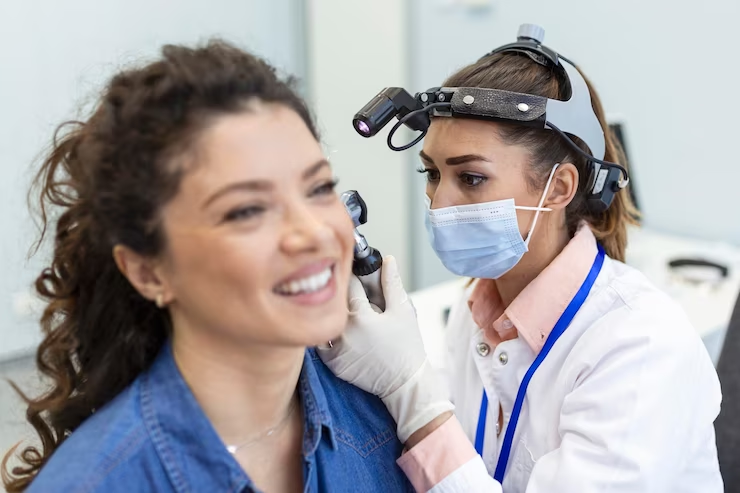
If you suspect that you have a hearing loss, getting a hearing aid can make a significant difference in your quality of life. But before you can enjoy the benefits of a hearing aid, you need to undergo a hearing aid trial. It's an essential step to ensure that you find the right hearing aid that suits your needs.
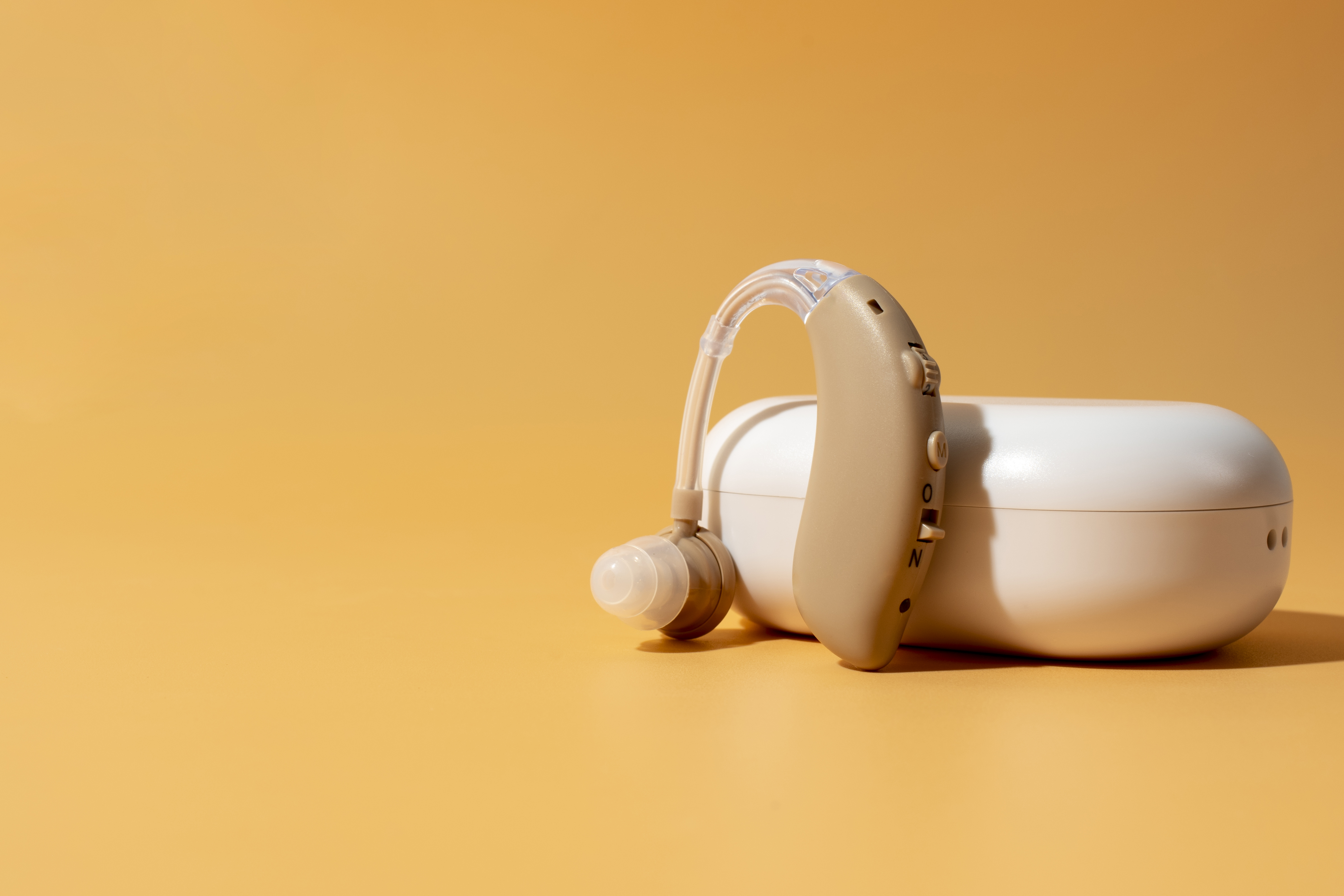
Hearing loss can make communication difficult and can have a significant impact on a person's quality of life. Fortunately, advancements in technology have led to the development of various types of hearing aids and other assistive devices that can help individuals with hearing loss. In this blog post, we will provide a detailed overview of the different types of hearing aids and other assistive devices available, how they work, and their benefits.

Diabetes is a chronic condition that affects millions of people worldwide. It occurs when the body is unable to produce or effectively use insulin, which regulates blood sugar levels. While diabetes is commonly associated with complications such as heart disease, kidney failure, and nerve damage, it can also have a significant impact on hearing health. In this blog, we will explore the ways in which diabetes can affect our hearing and lead to hearing loss.
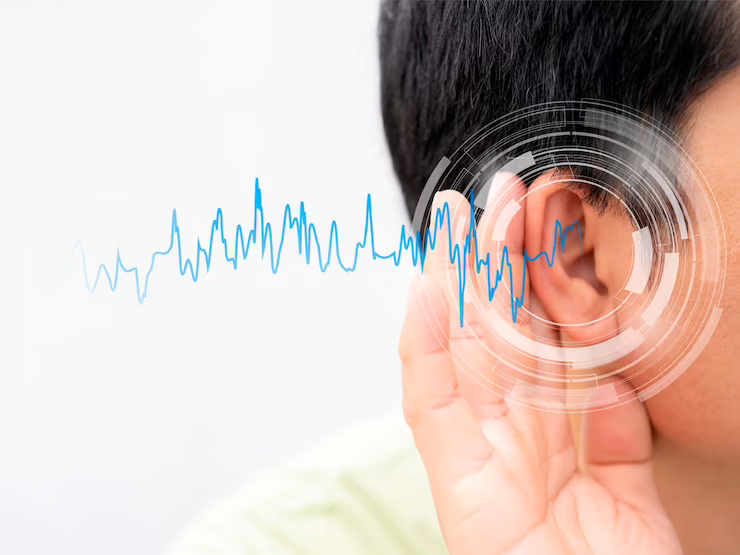
Hearing loss can be a frustrating and isolating experience for those who suffer from it. Whether it is mild or severe, hearing loss can affect your daily life, your relationships, and your overall well-being. It's important to understand the different types of hearing loss, their causes, and the available treatments so that you can make informed decisions about your hearing health. In this blog, we will explore the three main types of hearing loss, their causes, and the available treatments.

Early intervention refers to the timely identification and provision of services to children with developmental delays or disabilities. It is a crucial step in ensuring that children receive the support they need to reach their full potential. Early intervention can take many forms, including therapy, education, and other supportive services. In this blog, we will discuss the importance of early intervention and why it matters.

Speech therapy is a crucial aspect of a child's development, and the involvement of family members can significantly impact the child's progress. As a parent or guardian, your role in the speech therapy journey of your child cannot be overstated. In this blog, we'll discuss the role of family in the speech therapy journey of children.

Communication is the cornerstone of human interaction, and it becomes all the more important when you are dealing with someone who has hearing loss. A person with hearing loss may struggle to understand what you are saying, and it can be a frustrating experience for both parties. However, there are ways you can communicate effectively with someone who has hearing loss. In this blog post, we will share some tips for communicating with someone with hearing loss.
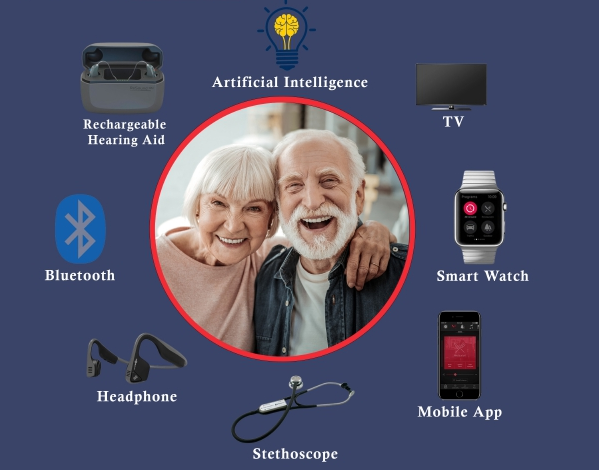
Hearing loss can have a significant impact on a person's quality of life, affecting their ability to communicate, socialize, and engage with the world around them. Fortunately, advancements in hearing aid technology have made it easier for people with hearing loss to manage their condition and improve their quality of life.

Speech therapy for children is a specialized form of treatment that helps children improve their communication skills. Communication disorders can be frustrating for children as it affects their ability to express themselves, interact with others, and participate in everyday activities. Speech therapists, also known as speech-language pathologists, use various techniques to help children overcome these challenges and develop their communication abilities.

Hearing loss is a common condition that affects millions of people around the world. Despite its prevalence, there are many misconceptions and myths about hearing loss that can cause confusion and misunderstanding. In this blog, we will address some of the most common misconceptions about hearing loss and provide accurate information to help you better understand this condition.

Hearing loss is a common condition that affects millions of people around the world. While the most obvious consequence of hearing loss is difficulty hearing and communicating with others, there are many other hidden consequences that can have a significant impact on a person's quality of life. In this blog post, we will explore some of these hidden consequences and why it's important to address hearing loss early on.

Tinnitus is a common condition that affects millions of people worldwide. It is characterized by the perception of sound in the ears or head without any external source. This sound may be ringing, buzzing, hissing, or even roaring, and it can be intermittent or constant. In this blog, we will explore the causes, symptoms, and treatments of tinnitus.
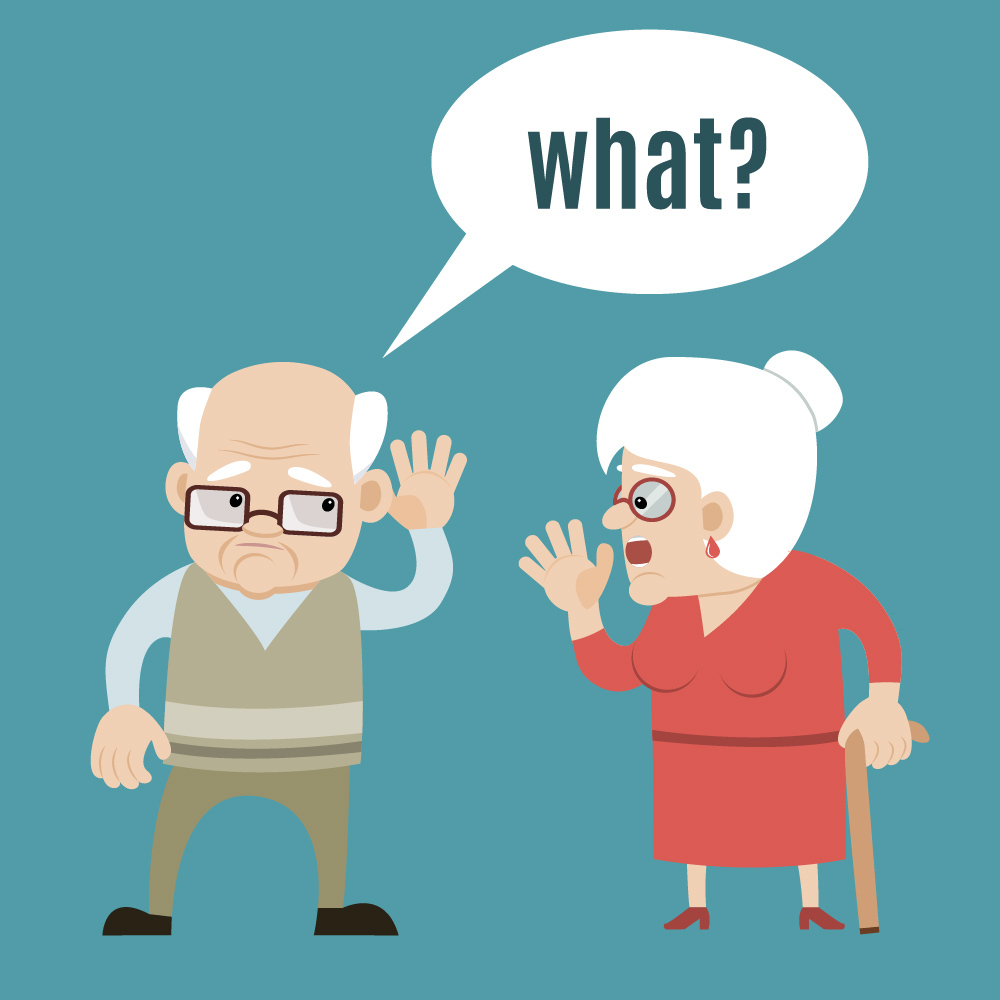
We all understand how joyful it’s to be heard but very less folks understand how painful it’s to lose hearing.

Imagine a world where every step feels uncertain, where the ground seems to shift beneath you, and where dizziness disrupts your daily life. This is the reality for those suffering from vestibular disorders. In this blog post, we delve into the intricacies of vestibular disorders, shedding light on their various types, symptoms, and underlying causes. Understanding these disorders is the first step towards finding balance and reclaiming a sense of normalcy.
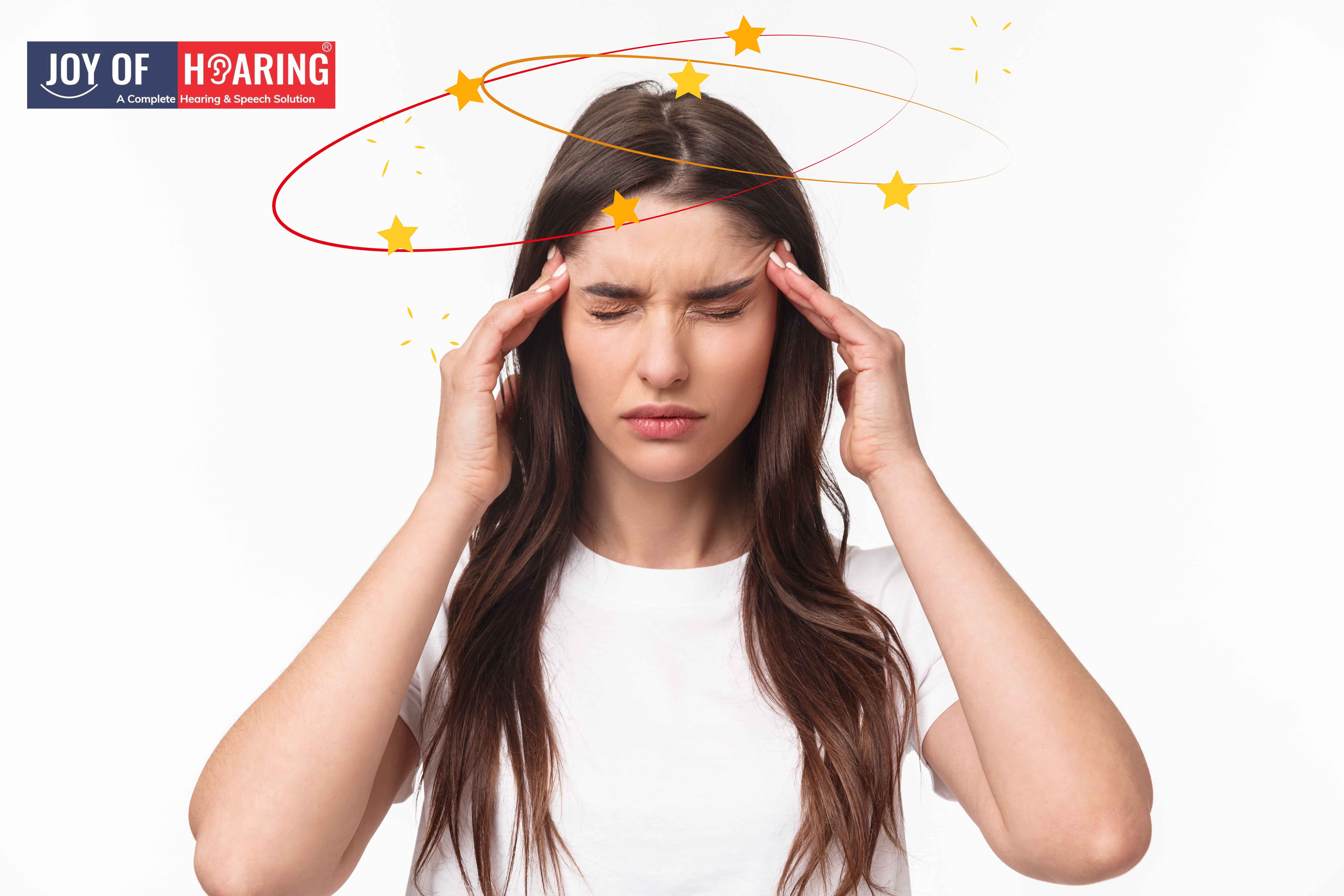
Imagine your world constantly spinning, like being on a never-ending carousel ride. This is the reality for those living with vestibular disorders. The vestibular system, an essential part of our inner ear, governs our sense of balance and spatial orientation. When it malfunctions, it can turn even the simplest movements into daunting challenges. In this blog, we explore how vestibular disorders disrupt balance and coordination and offer insights into managing these conditions.
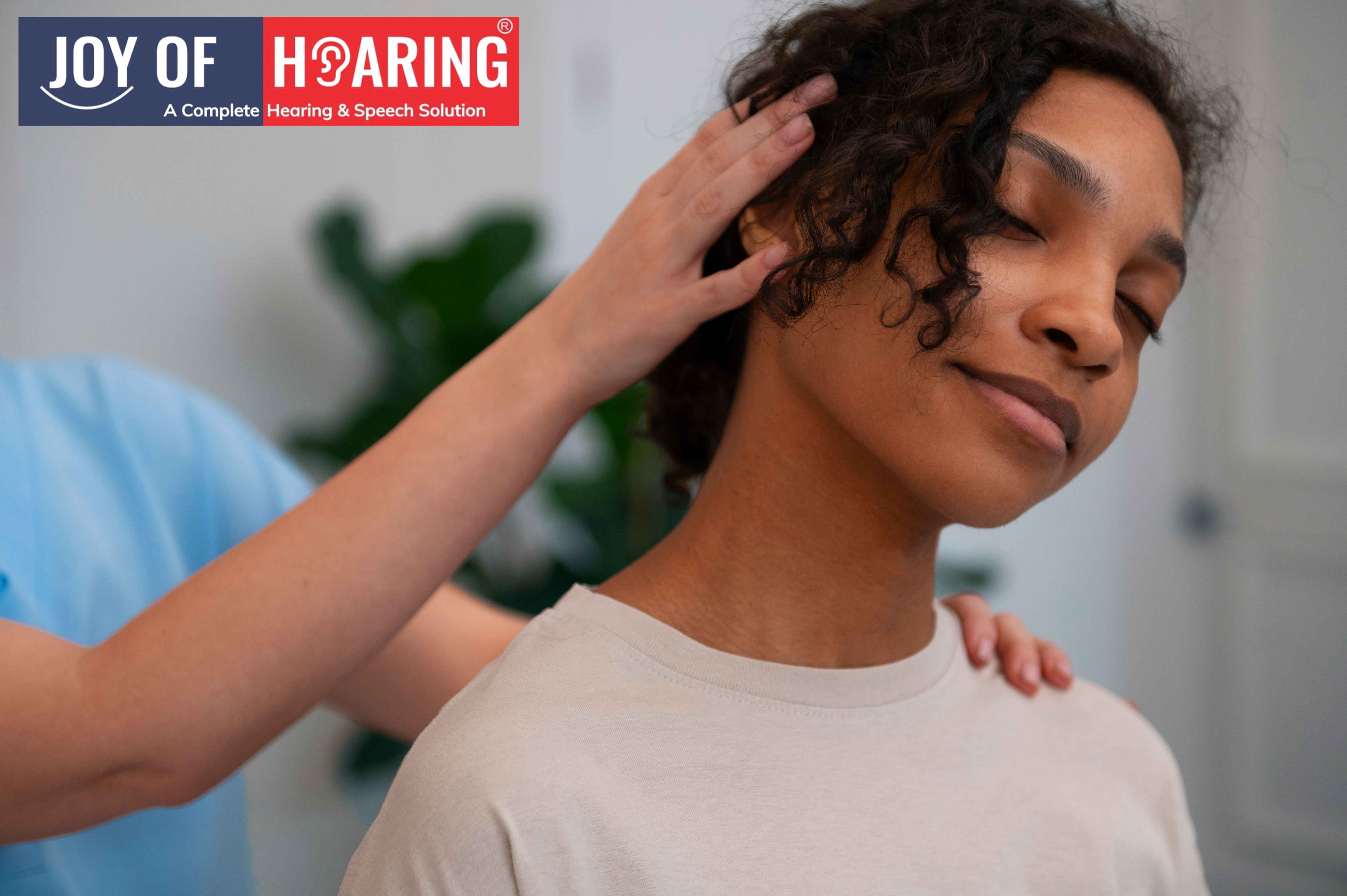
Finding your balance isn’t just about physical stability—it’s about reclaiming your life from the challenges of vestibular disorders. If you or someone you care about is grappling with dizziness, vertigo, or unsteadiness, understanding Vestibular Rehabilitation Therapy (VRT) could be the key to restoring confidence and control.
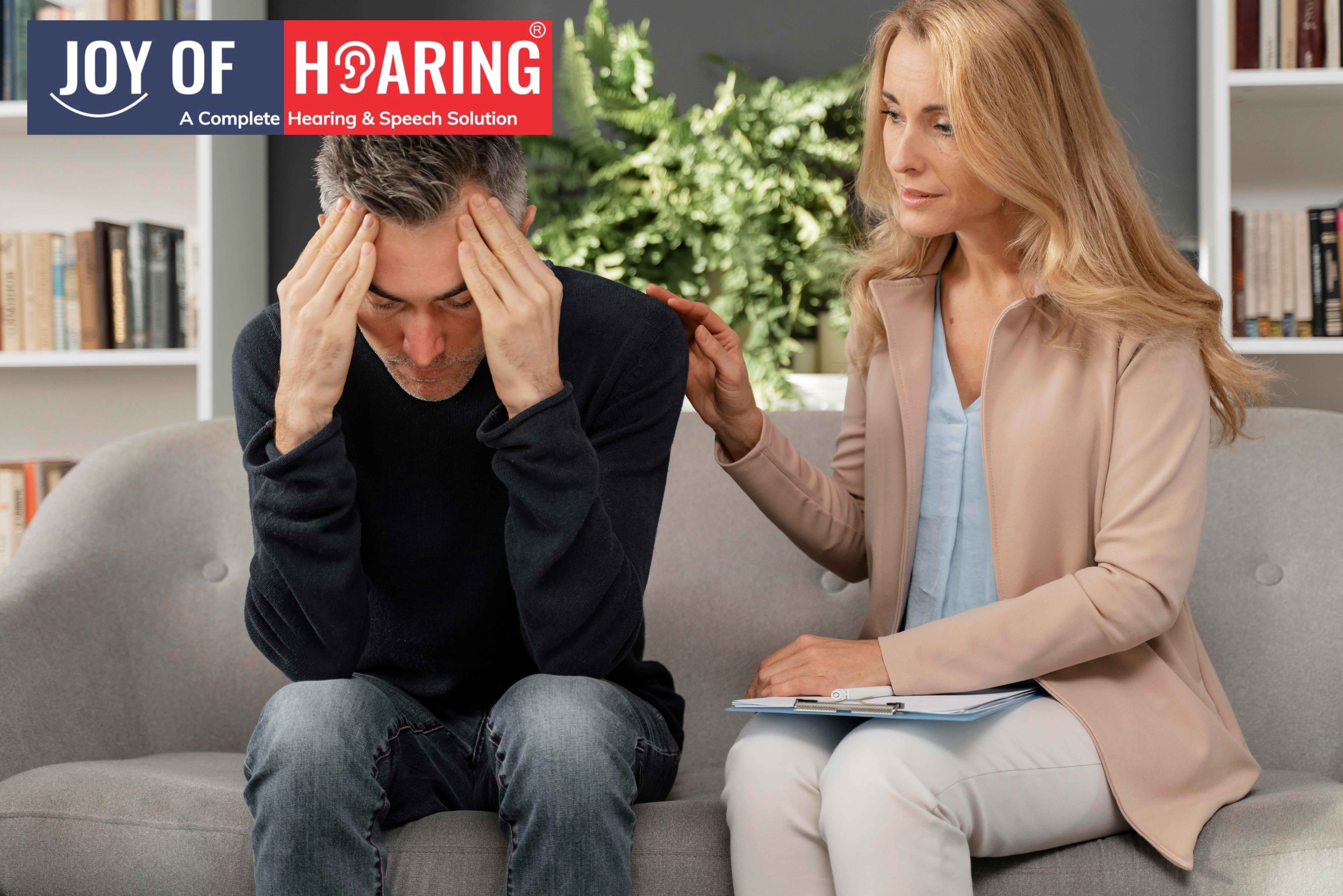
Living with a vestibular disorder isn't just about physical challenges—it's a journey that profoundly impacts emotional well-being. For many, anxiety and depression become unwelcome companions, complicating daily life and adding layers of difficulty. Understanding these struggles and discovering effective coping mechanisms are essential steps toward reclaiming stability and joy in life.
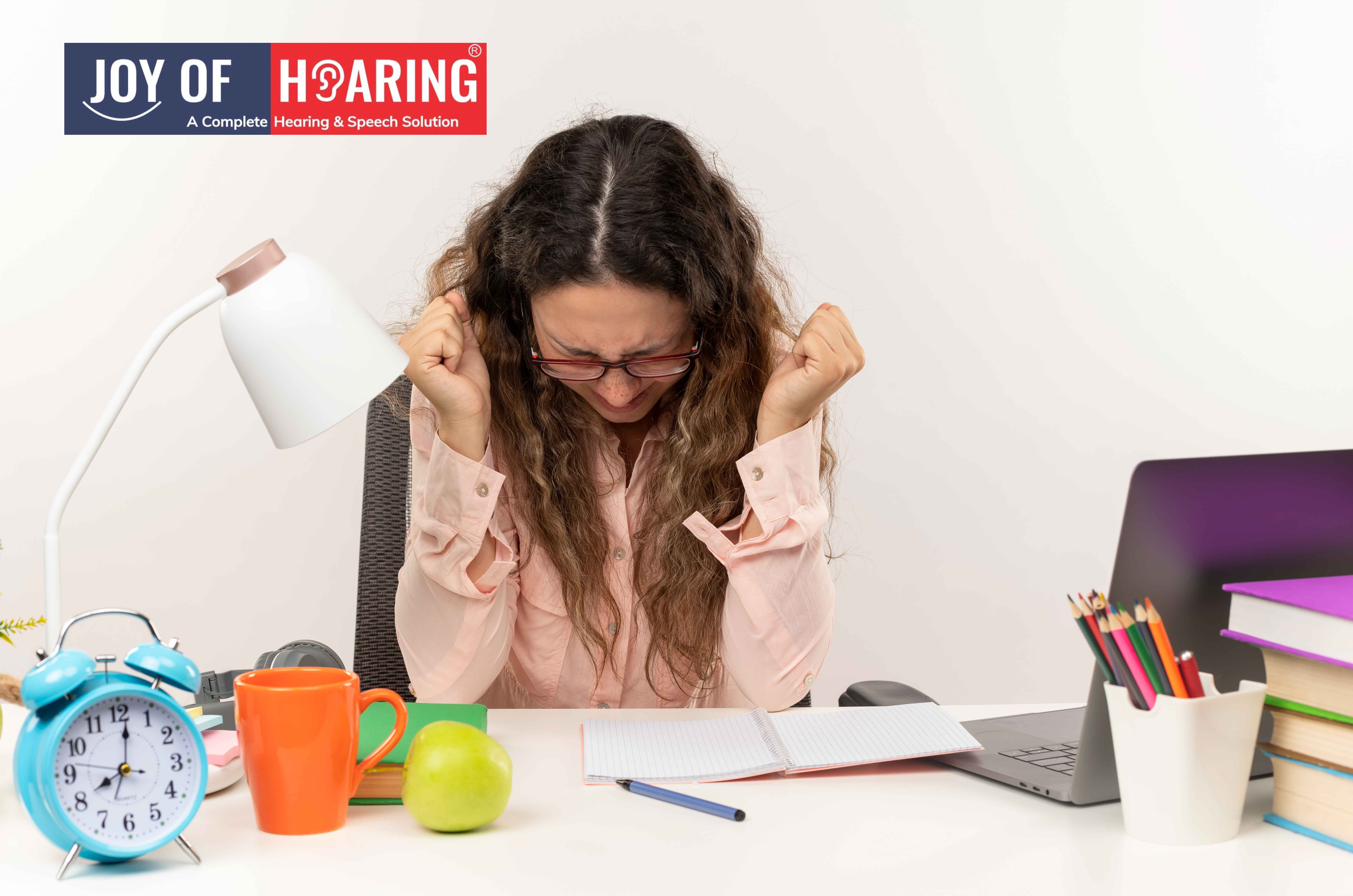
Vestibular disorders are more than just a disruption to balance—they're a profound challenge that can affect every aspect of daily life. From navigating simple tasks to maintaining emotional well-being, understanding these challenges and discovering effective coping strategies are essential for reclaiming stability and living life to the fullest.
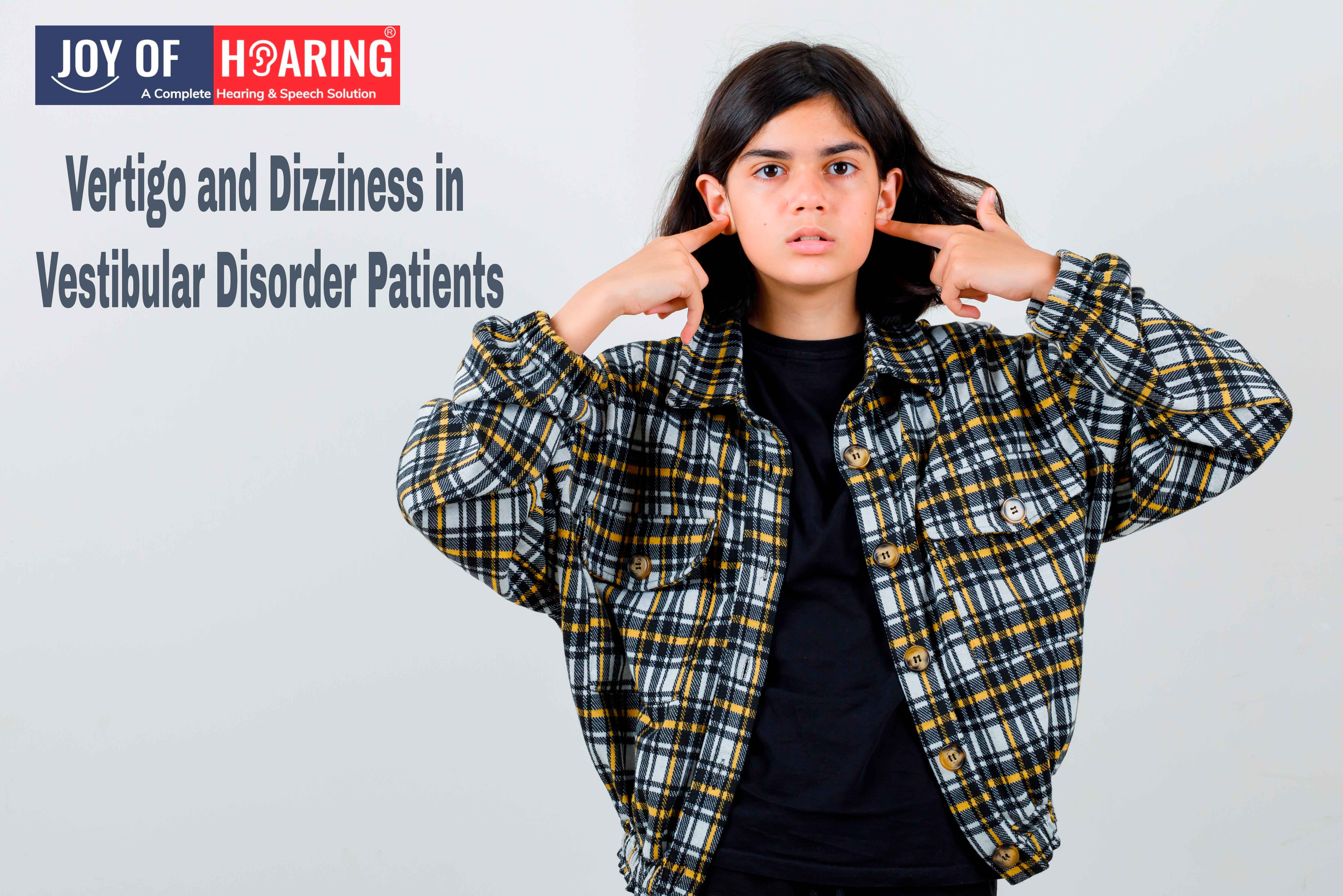
Living with vertigo and dizziness due to vestibular disorders can be an unsettling experience, impacting your ability to perform everyday activities and enjoy life. However, with the right strategies and a proactive approach, you can manage these symptoms effectively and regain a sense of balance and normalcy.